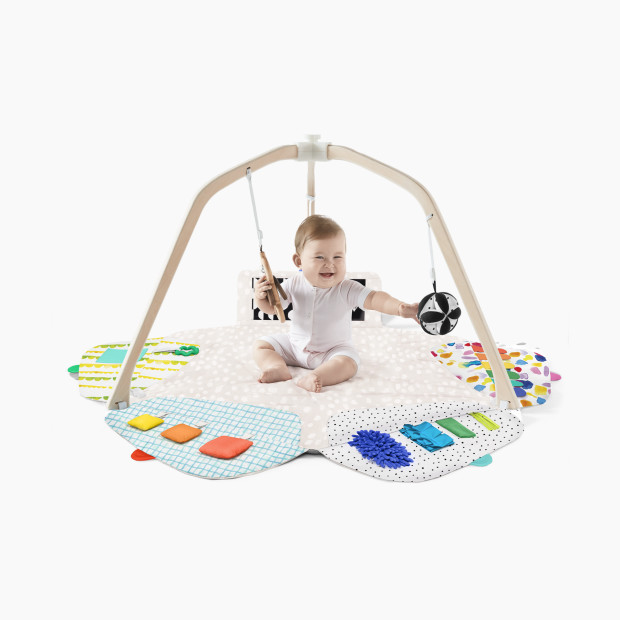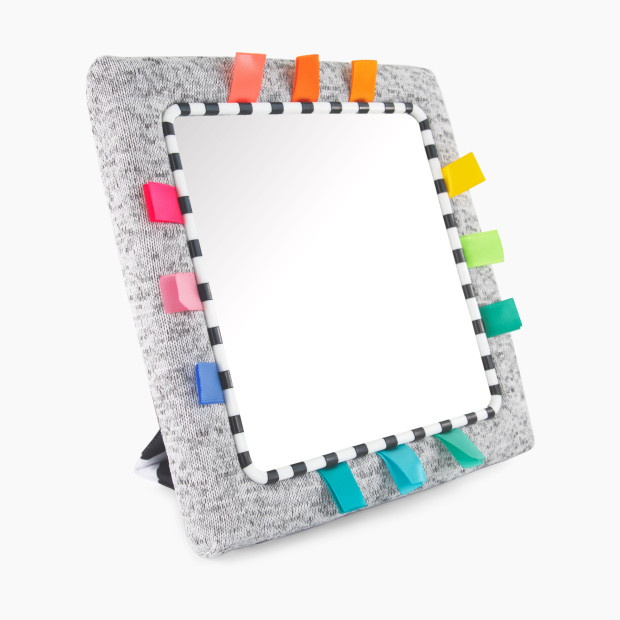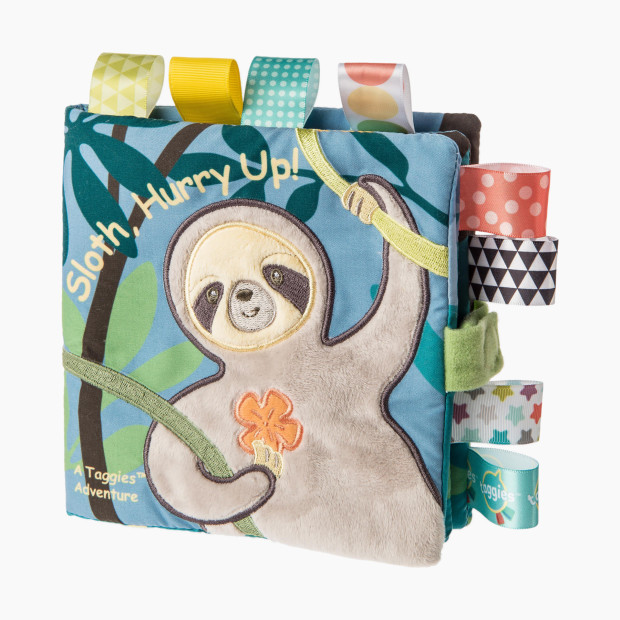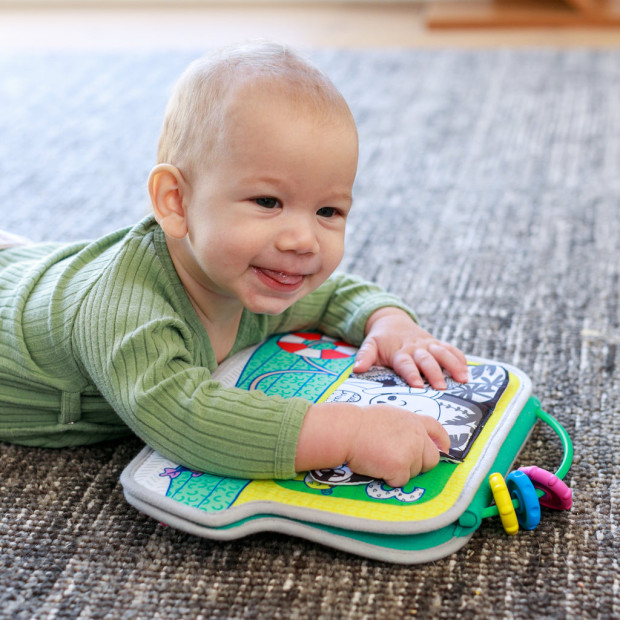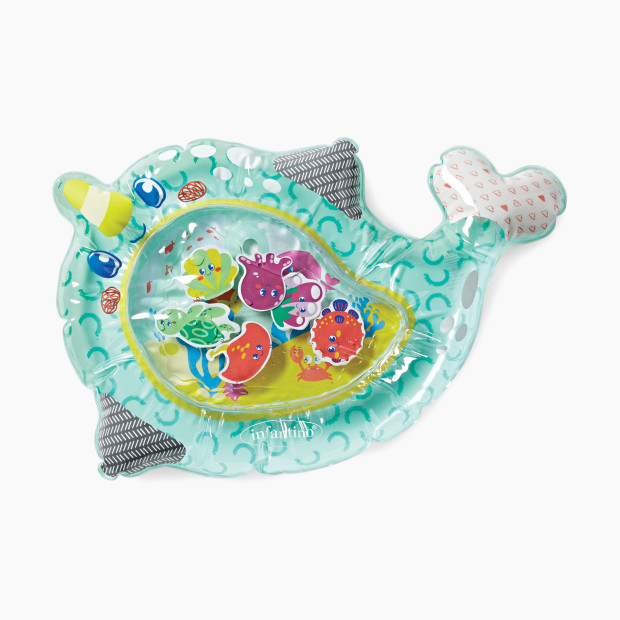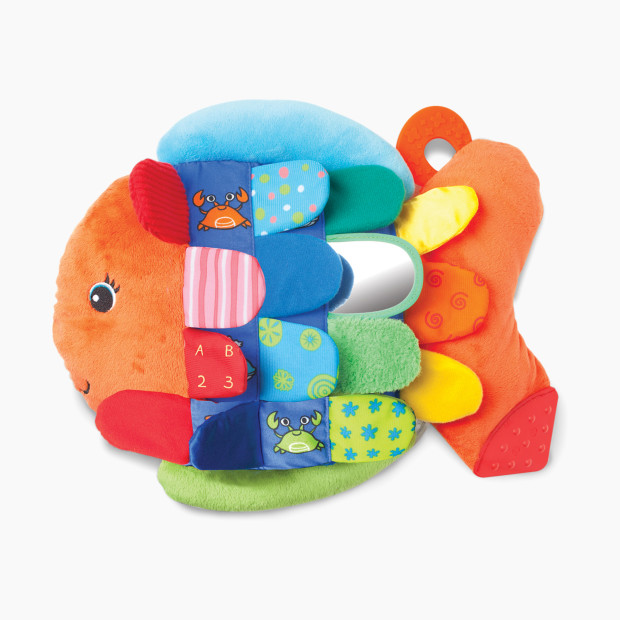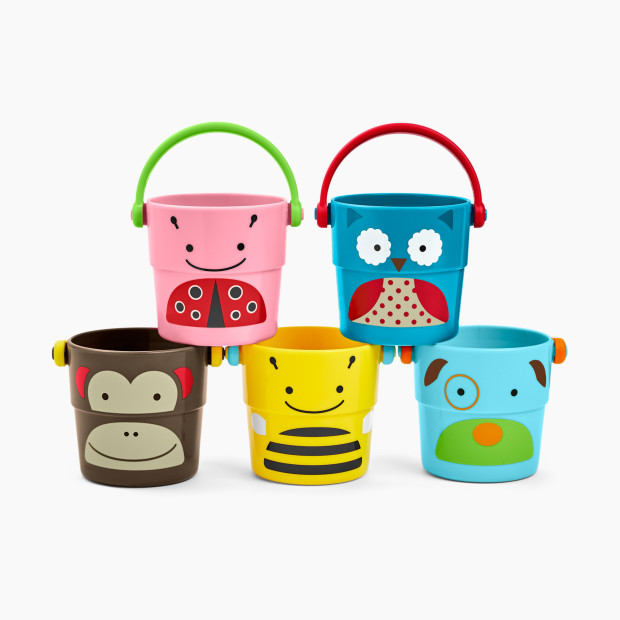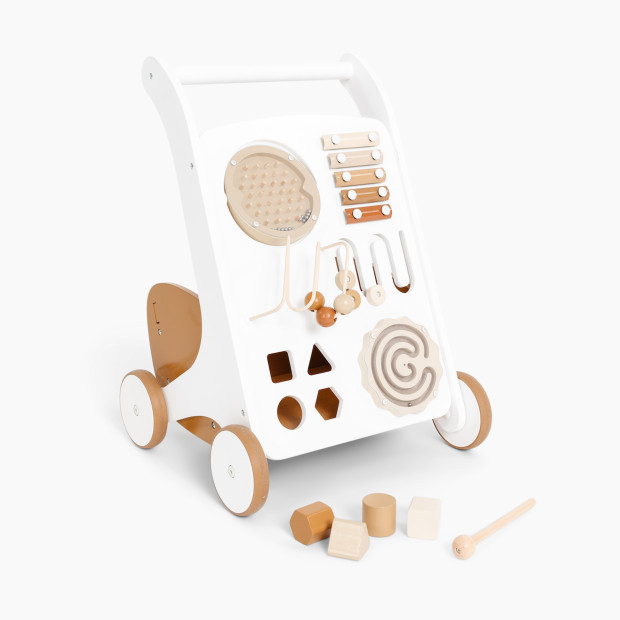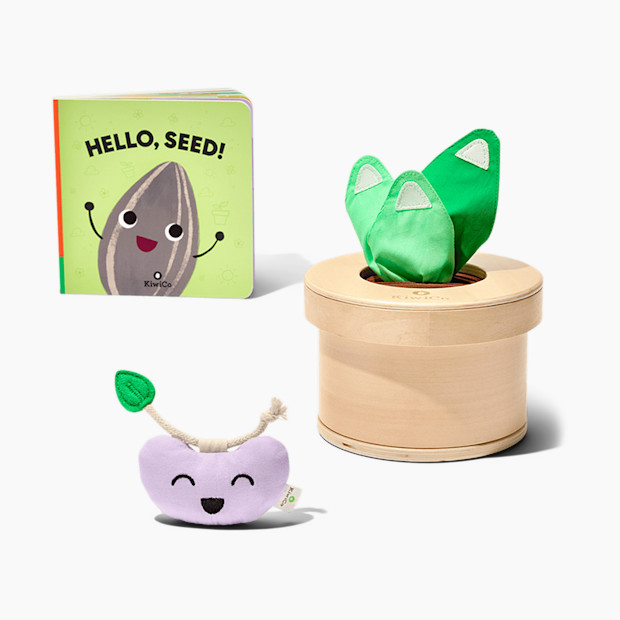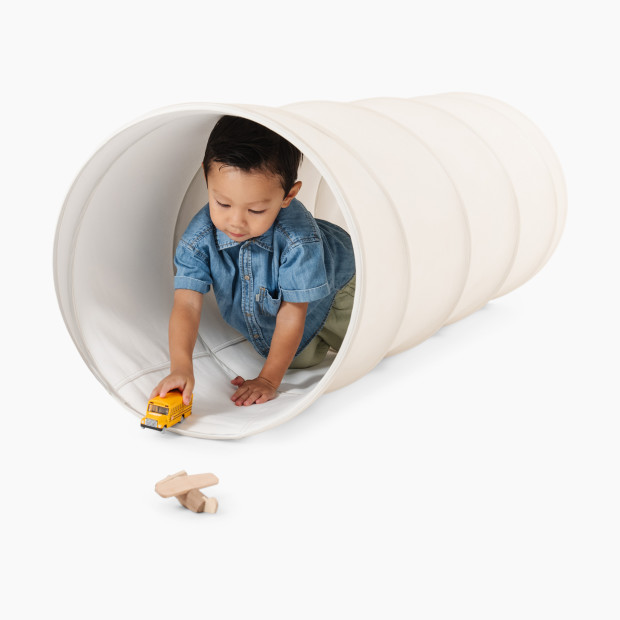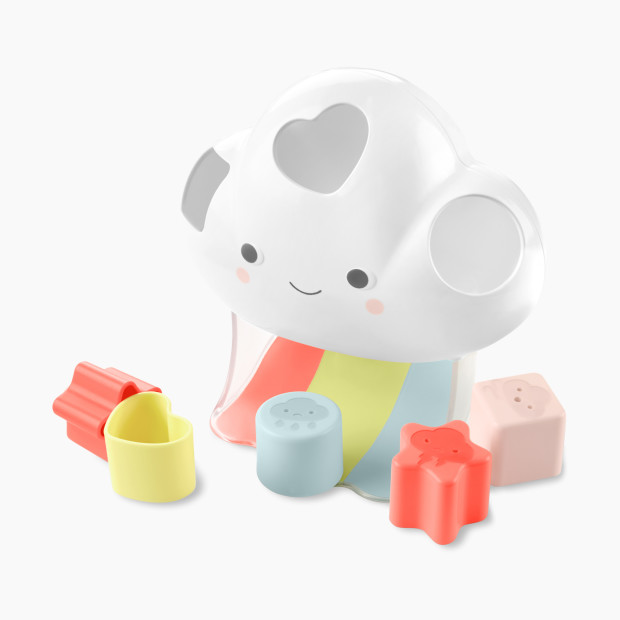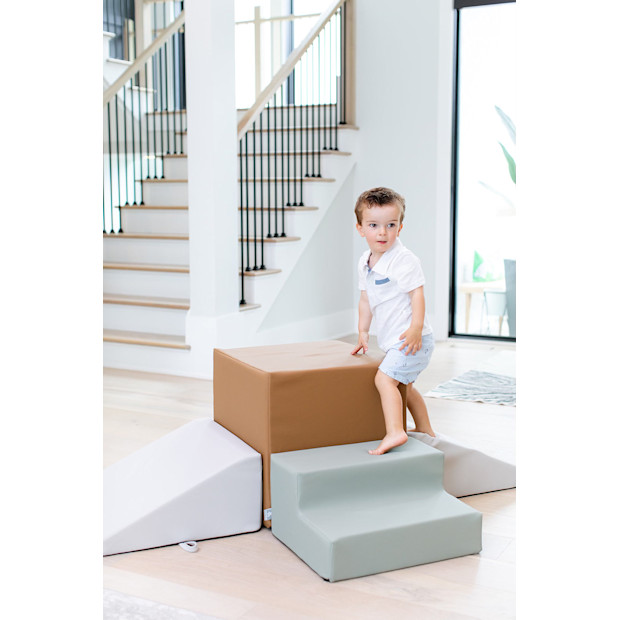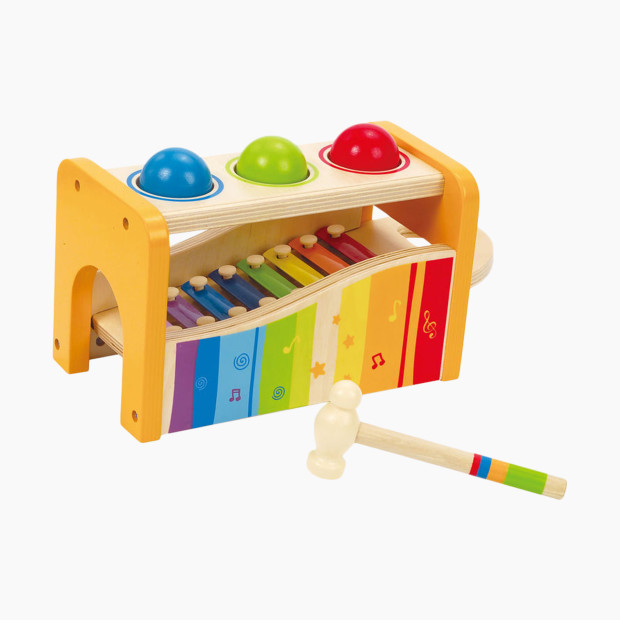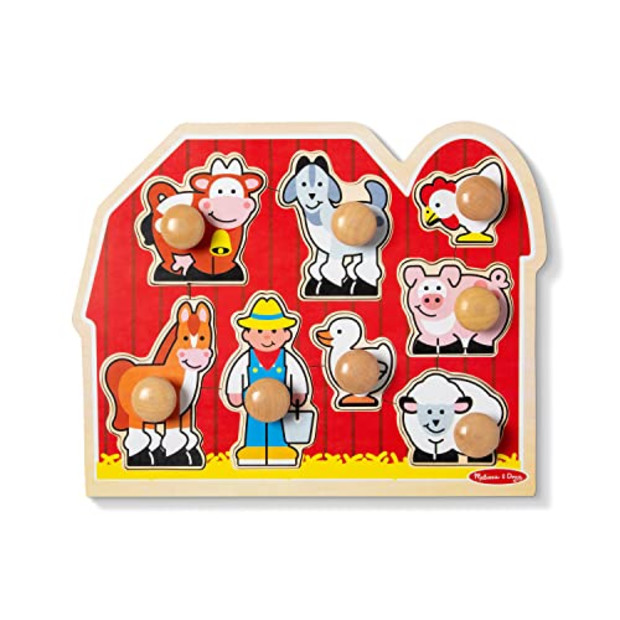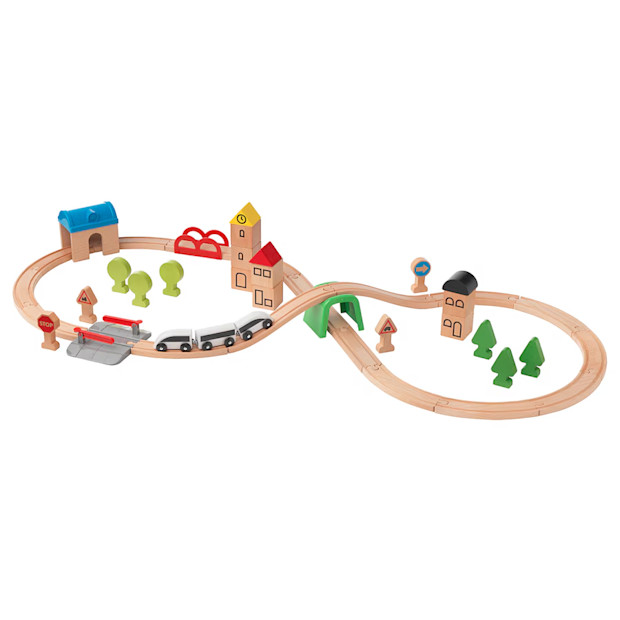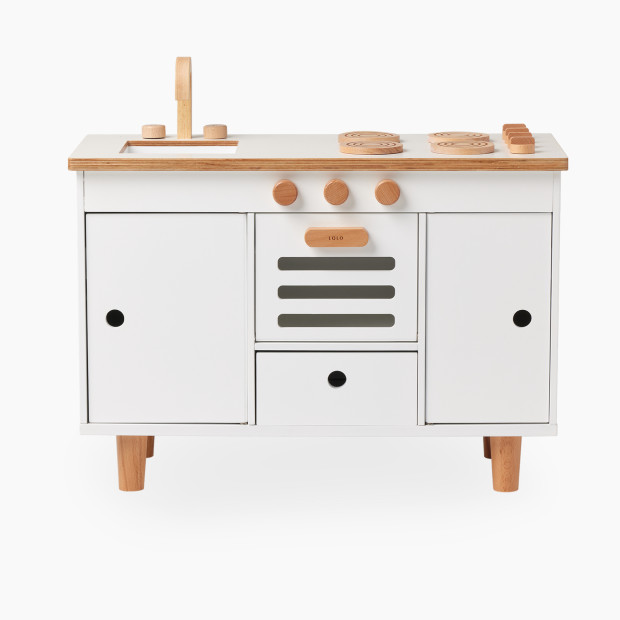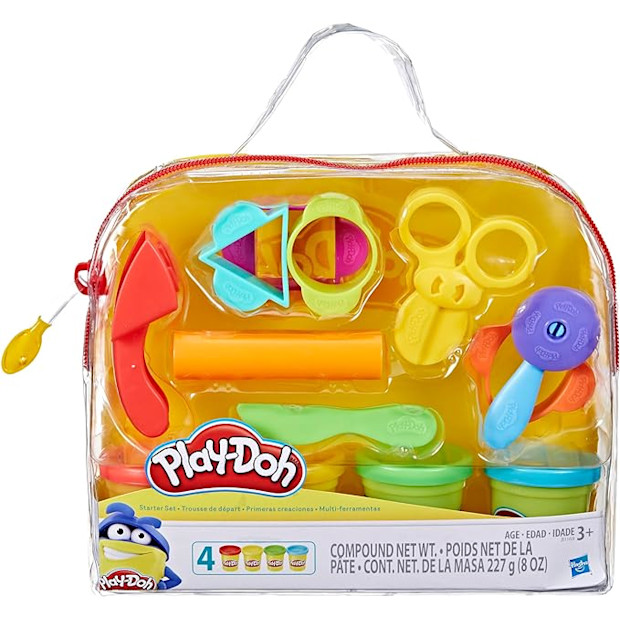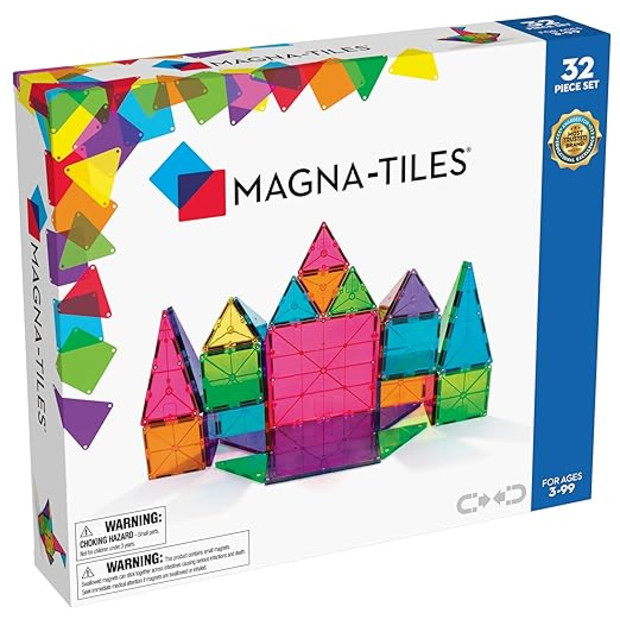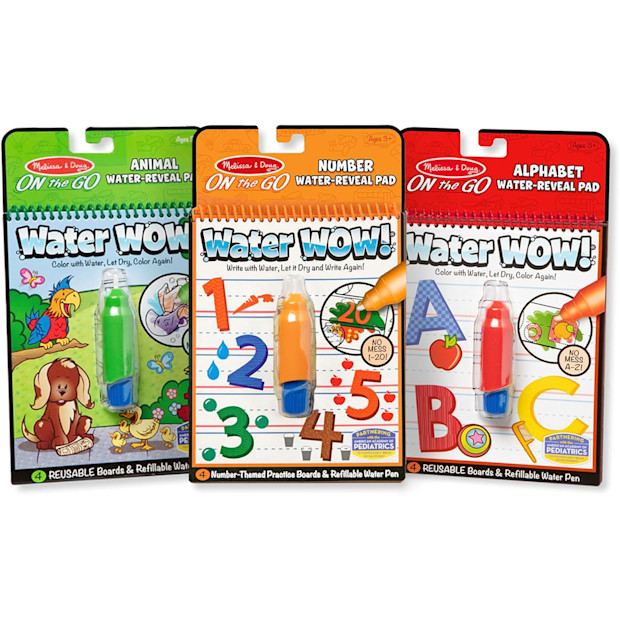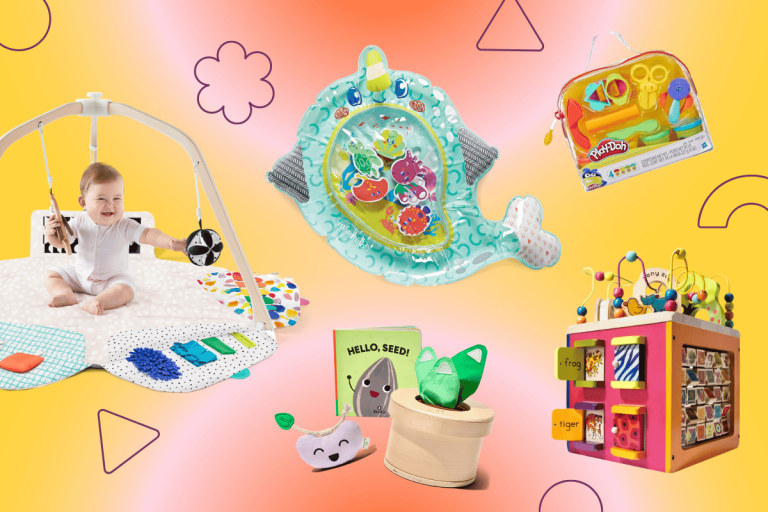
The Best Baby Toys Without Screens, Batteries or Cords
These electronic-free toys will hold their attention while also encouraging skill-building (without all the noise and lights).

Give a child a toy that beeps, moves, whirrs or sings, and they’ll be mesmerized long enough for you to pour yourself another cup of coffee. But those electronic toys can only hold a child’s attention for so long.
Some of the best baby toys are simple ones that encourage exploration, creativity, imagination and open-ended play, and can engage children through a wide range of ages and interests. Because battery-free, screen-free, electronic-free toys often don’t have one set way to play, they can be used and combined in all sorts of ways that challenge children and help them build strategies for focus and resilience.
If you’re looking to reduce the amount of annoying electronic sounds and lights in your kiddo’s toys, here are our favorite tech-free toys to hold their attention and help boost their skills. (And as a bonus, these toys also save you the headache of frantically searching the house for AAA batteries.) We’ve broken things down by age, from newborns up through two-year-olds, so you can shop based on your child’s skill level.
Love the tech-free toy life? You can find more picks in our guides to Montessori toys for babies and Montessori toys for toddlers.
Tech-free toys for 0–6 months
The best toys for baby’s first six months will help them with tummy time (they need about 15 minutes of tummy time per day!) and provide plenty of opportunities to use their hands and mouths to discover new textures.
Tech-free toys for 6–12 months
Once they’re about six to nine months old, babies learn object permanence and love working on their stacking and movement. The best toys for this age range will focus on these areas, plus involve movement to get baby crawling, standing and walking.
Tech-free toys for 1-year-olds
As your little one hits their toddler years, the best toys to support them will focus on gross motor skills like walking and climbing, fine motor skills like finger grasp and cognitive skills like cause and effect.

